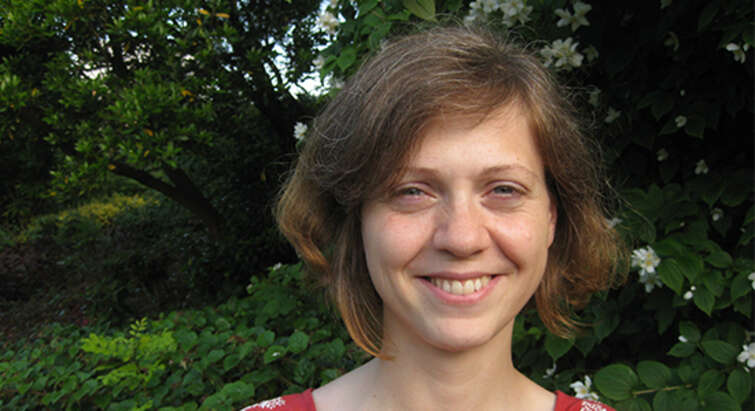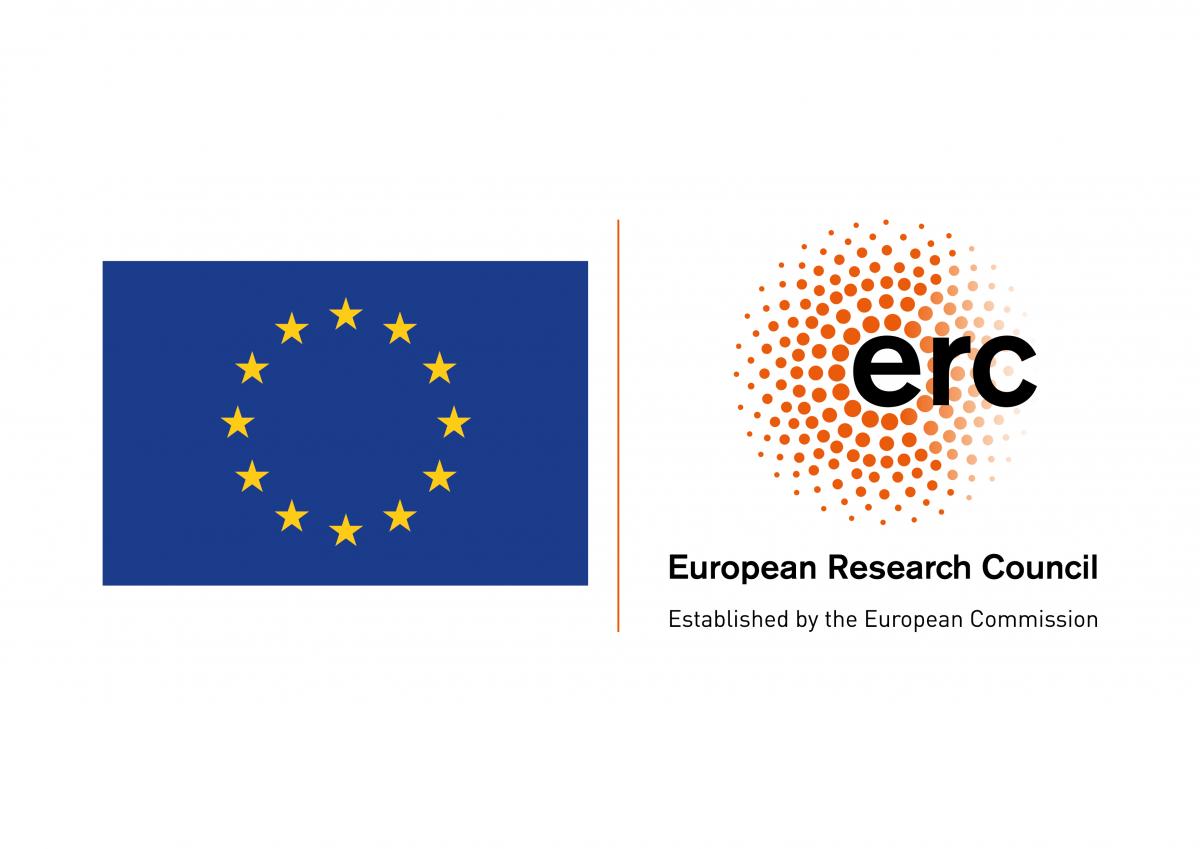
About the project
This project tackles the debate on the universality and cross-cultural applications of the notions of mental health and illness by offering an inter-disciplinary account of the historical origins and development of transcultural psychiatry and the concept of ‘the global psyche’.
It offers a first systematic account of the decolonisation of psychiatry and mental health sciences and argues that the concept of a universal, global psyche emerged in the aftermath of WWII and during decolonisation when Western psychiatry strove to leave behind its colonial legacies and lay the foundation for a more inclusive conversation between Western and non-Western mental health communities. In this period, leading ‘psy’ professionals across the globe set about identifying and defining the universal psychological mechanisms supposedly shared among all cultures (and 'civilisations'). The project explores this far-reaching psychiatric, social and cultural search for a new definition of 'common humanity', which developed in an increasingly interconnected and culturally diverse global context and examines the historical forces that drove it.
Global psyche and universal humanity
Can psychiatry be global? Are mental illnesses universal across cultures, ethnic groups and 'civilisations'? Can the theories and methods of modern psychiatry be used to alleviate the suffering of diverse groups of people from around the world? In recent years, both the WHO and the WPA have insisted on 'scaling up' mental health provisions in the global South, and have pushed for standardising and universalising psychiatric classifications, diagnoses and treatments. At the same time, numerous critical voices have condemned global psychiatric nosologies as a form of medical imperialism, and have accused global mental health workers of forcing Western psychiatric frameworks onto societies in the Global South. Moreover, in the current international context of major humanitarian crises and mass refugee movements, it is extremely important to explore to what extent mental health principles can be translated and globalised.
Many psychiatrists believe they have a knowledge of the forces of human nature, in individuals and in groups, which entitles them to take a large part in studying and helping people who are not suffering from any mental disease, as well as in advising on human relations between people and even between communities and nations.
This project contributes to this important and topical debate by exploring the historical origins and development of the concept of ‘global psyche’ and transcultural psychiatry. It relies on a variety of psychiatric writings, patient case files, oral interviews and institutional and governmental documents, and combines historical, anthropological and psychiatric/epidemiological perspectives, to uncover the birth of post-colonial global psychiatry.
Our research challenges the idea that the concept of a global psyche and universal humanity is a recent development, and aims to demonstrate that it emerged in the aftermath of WWII and during decolonisation and that it was centrally shaped by the process of decolonisation. At that time, Western psychiatry attempted to leave behind its racist and colonial legacies and lay the foundation for a more inclusive union between Western and non-Western concepts of mental illness and healing. In this period, the infrastructure of post-colonial global and transcultural psychiatry was set up, and leading psychiatric figures across the world embarked on identifying, debating and sometimes critiquing the universal psychological characteristics and psychopathological mechanisms shared among all cultures and civilisations.
How did psychiatrists and anthropologists from all over the world redefine the relationship between culture, race and individual psyche following the end of the Second World War and colonialism? Why was it at this historical moment that such a large number of psychiatrists were so keen to determine how cultural environments shaped the basic traits of human psychology? How did the profession negotiate the tensions between researching cultural particularities and developing new, cross-cultural models of the mind? Moreover, we will explore the multiple voices - Nigerian, Ugandan, Yugoslav, Colombian, Soviet, and Indian - which took part in these discussions. How did the global South and East European participants shape the field, how did they grapple with its colonial and racist aspects, and why does their role now seem to be so radically diminished?
The concepts of the global psyche and universal humanity have served as key sites of re-framing the definition and re-drawing the boundaries of humanity in the second half of the twentieth century. Our research explores how postwar psychiatrists and anthropologists addressed global anxieties around the possibility of peaceful cross-cultural communication and understanding and trace their contributions to some of the most important social and political debates of the time: racial relations, migration, cultural change/modernisation in the decolonising world, technical assistance, humanitarian intervention.
International Pilot Study of Schizophrenia
We tackle this comprehensive question by zooming in on a particular initiative: the WHO-funded International Pilot Study on Schizophrenia (IPSS, 1966-1974), the first, largest and most ambitious research endeavour in the history of global psychiatry. The IPSS serves as a lens through which to explore the decolonisation of psychiatry and the emergence of global psychiatry. The IPSS involved the establishment of nine research centres across the globe (in Nigeria, India, Taiwan, USSR, Czechoslovakia, Denmark, UK, Colombia and the US), which engaged in clinical and research work on patients diagnosed with schizophrenia. This massive operation aimed to explore whether schizophrenia might be a universal psychiatric category and how cultural differences affected the symptoms and experience of the disease, as well as to standardise diagnostic criteria, classifications and therapies. But the IPSS was also a milestone in the post-war search for universal dimensions of human psychology: it established transcultural psychiatry as a research and clinical field, attempted to engage non-Western researchers and clinicians on an equal footing for the first time, and developed research instruments and conceptual frameworks which crucially shape the current cross-cultural psychiatric thinking.
Funding
 This project has received funding from the European Research Council (ERC) under the European Union’s Horizon 2020 research and innovation programme (grant agreement No 851871).
This project has received funding from the European Research Council (ERC) under the European Union’s Horizon 2020 research and innovation programme (grant agreement No 851871).
ERC Starting Grant (StG), SH6, ERC-2019-STG
Project period: 1 August 2020 - 31 July 2025
PI: Professor Ana Antic

